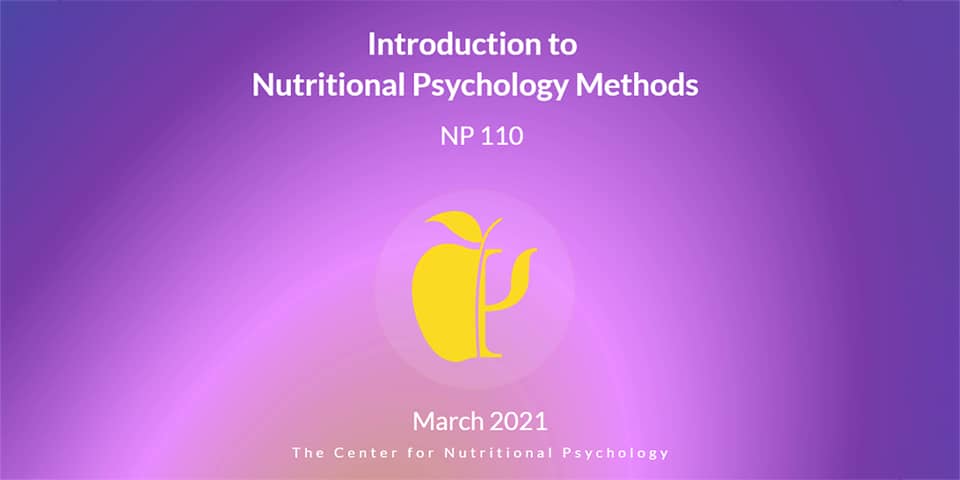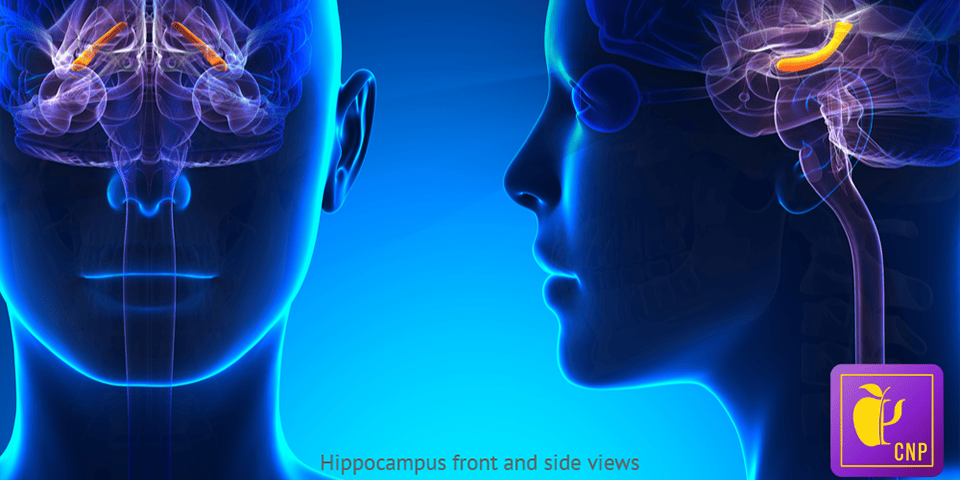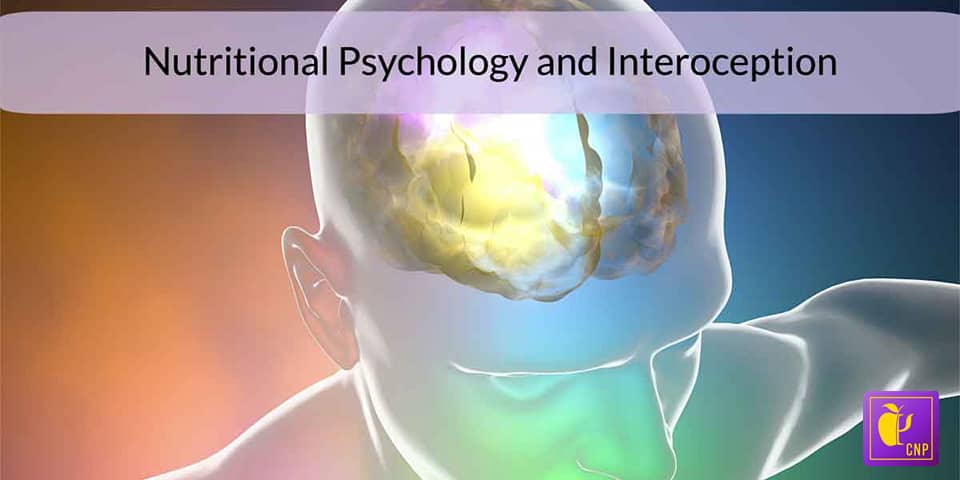Diet Quality and Mental Health Amongst Acute Inpatient Psychiatric Patients
Taking into consideration the global shift to a diet rich in refined carbohydrates, this exploratory study examined the self-reported dietary habits of psychiatric inpatients in the psychiatric unit of an academic hospital. After gathering a detailed diet history of patients’...
A New Path Forward: Introduction to Nutritional Psychology Methods (NP 110)
Thirty years ago, there existed no university-level education in how diet and nutrients relate to human behavior and psychological functioning. Over time, an increasing number of students, professionals, practitioners, and researchers realized that there is indeed a connection between what...
Nutritional Psychology Influences of Diet on Perception
The global diabetes prevalence in 2019 is estimated to be 9.3% (463 million people), rising to 10.2% (578 million) by 2030 and 10.9% (700 million) by 2045.1 While diabetes is generally approached from a biomedical model, this study demonstrated that psychological and perceptual factors...
Nutritional Psychology: Can a 1-Week Junk Food Diet Change Your Brain and Lead to Overeating?
Researchers are zeroing in on whether high-fat, high-sugar foods can impact our brain, and influence our eating choices. It turns out that they can and do, and the Hippocampus, a major structure within our brain, is one of junk food’s favorite targets.
Interoception in Nutritional Psychology
Is Interoception a missing Element in our understanding of an improved Diet-Mental Health Relationship? What is Interoceptive Awareness (IA), how does it relate to the field of Nutritional Psychology, and how can it be used to improve our understanding of...












